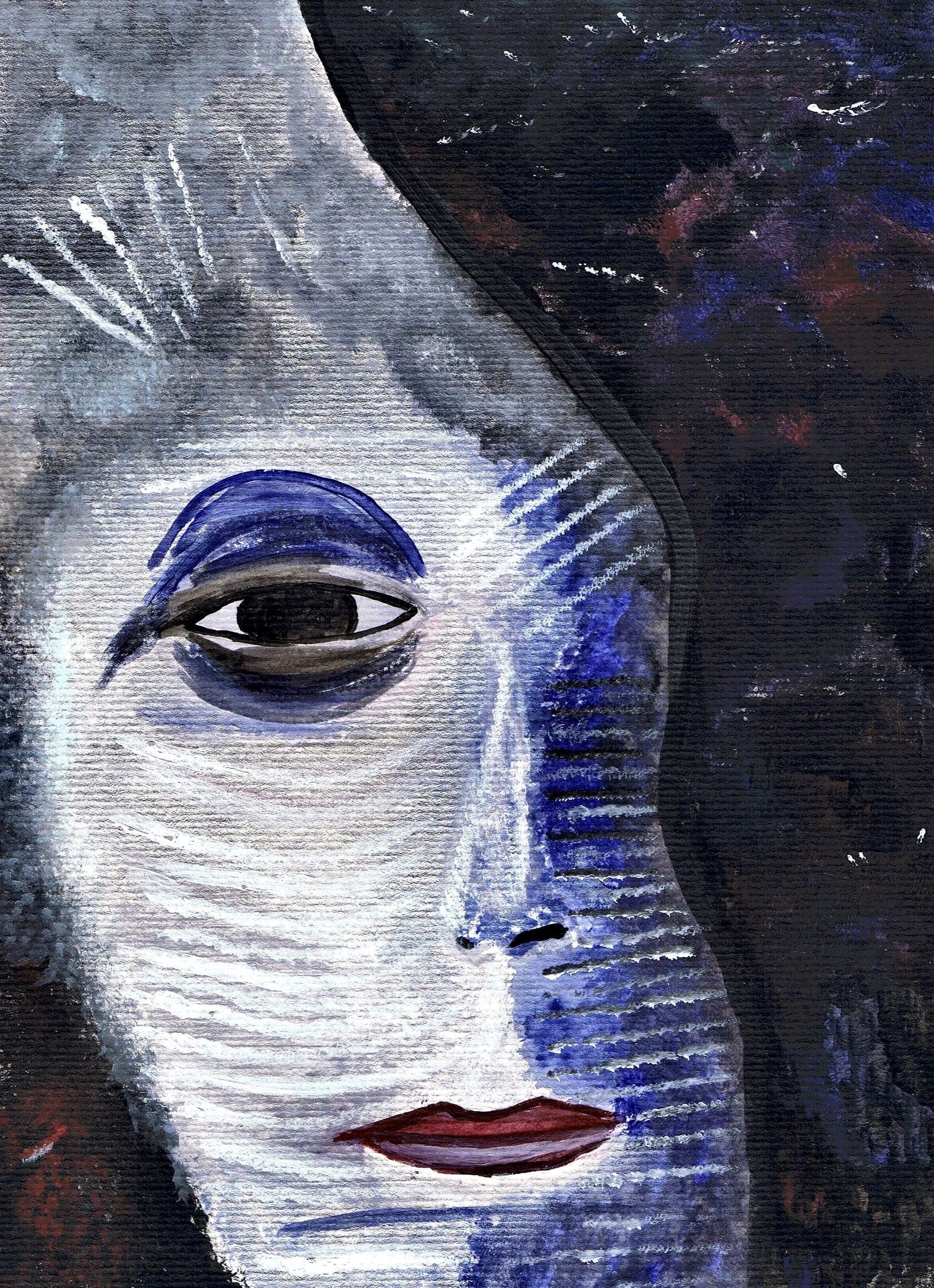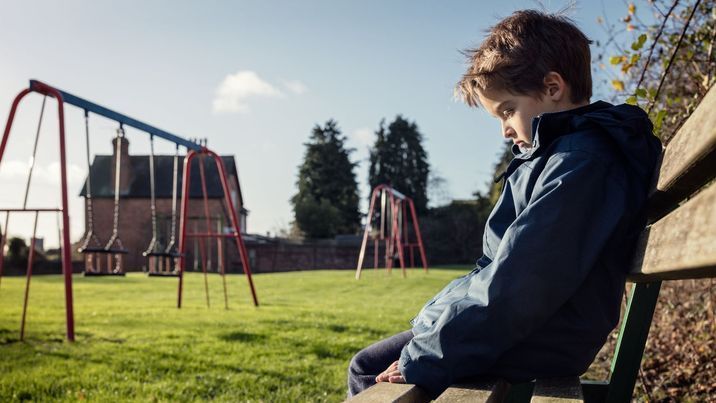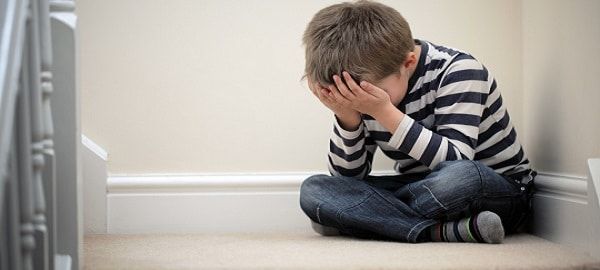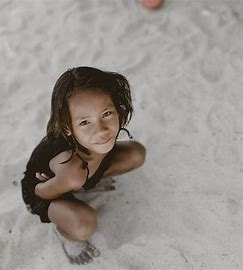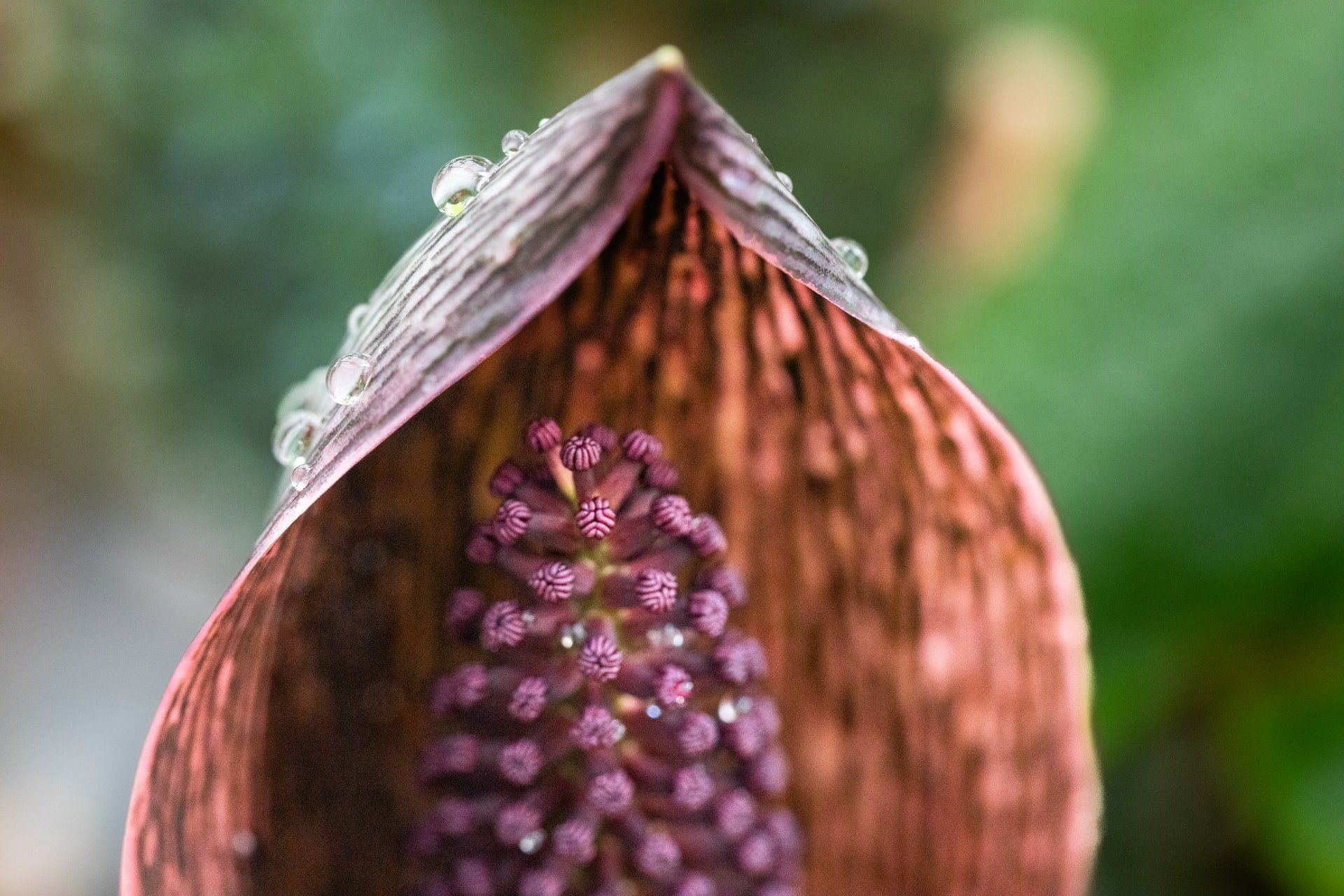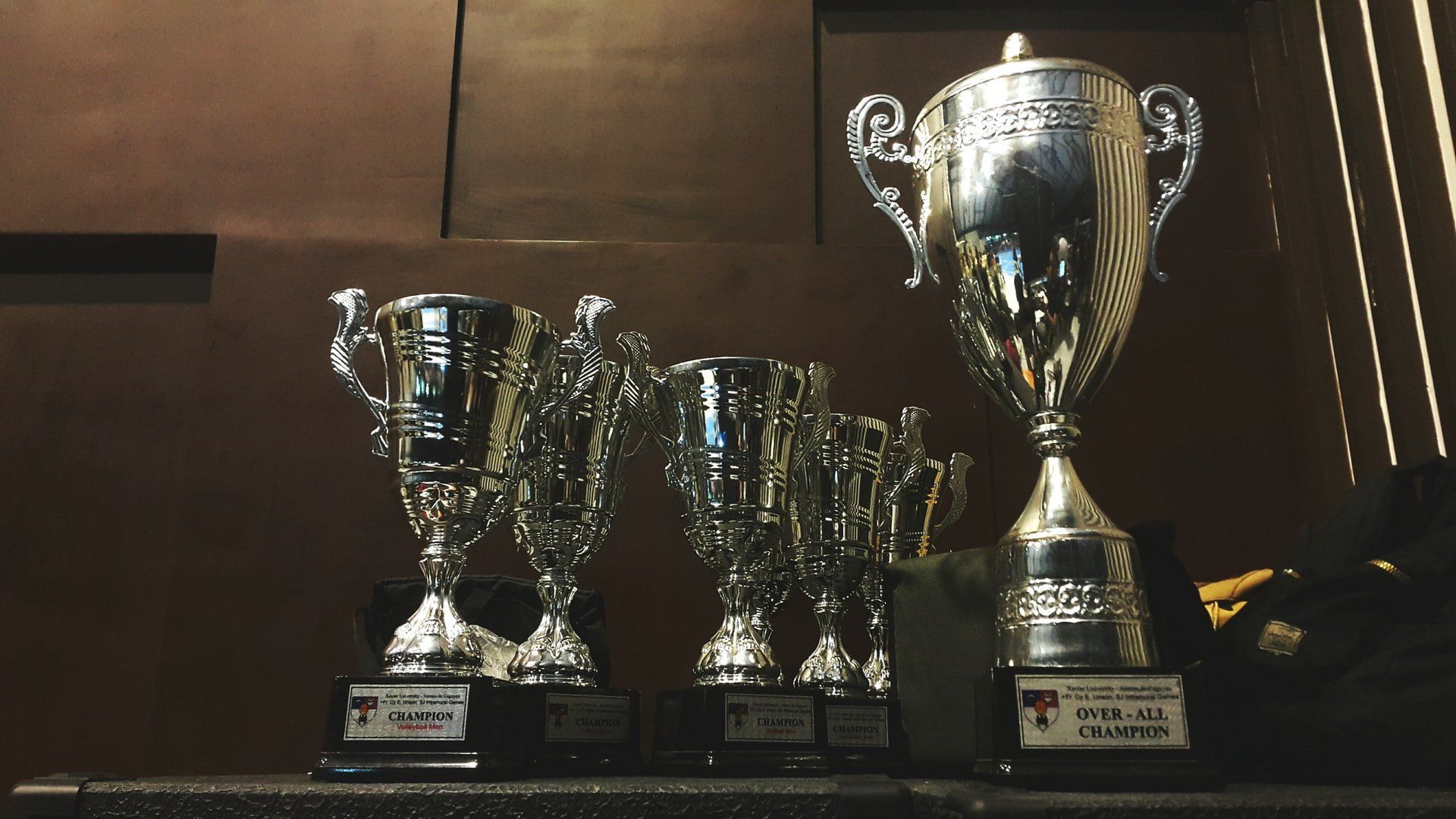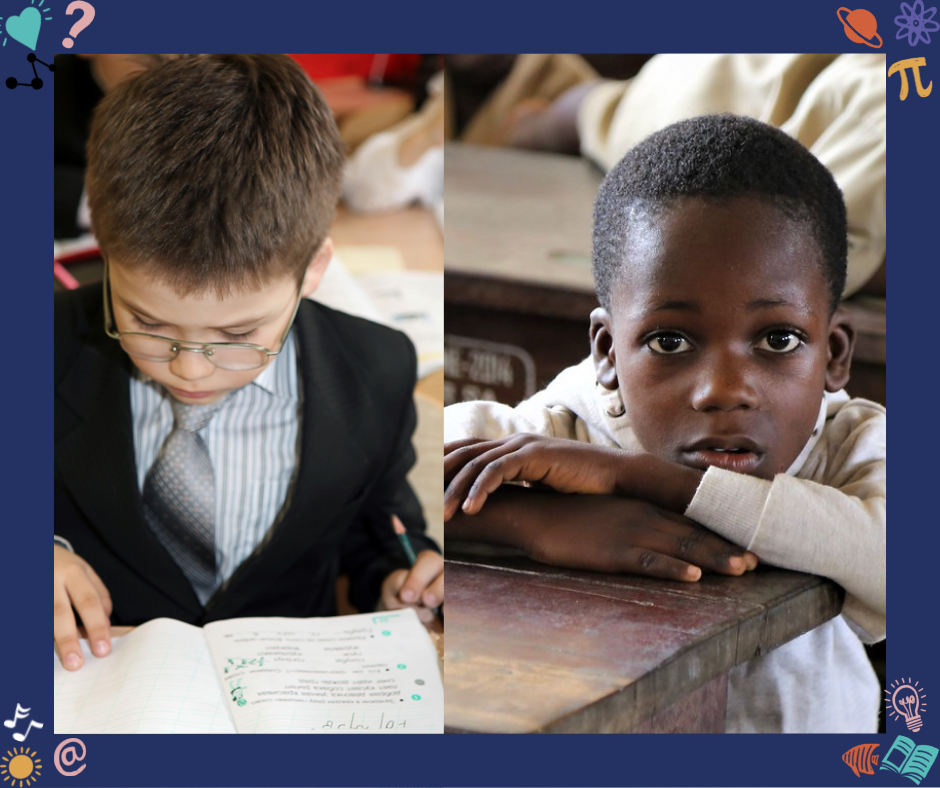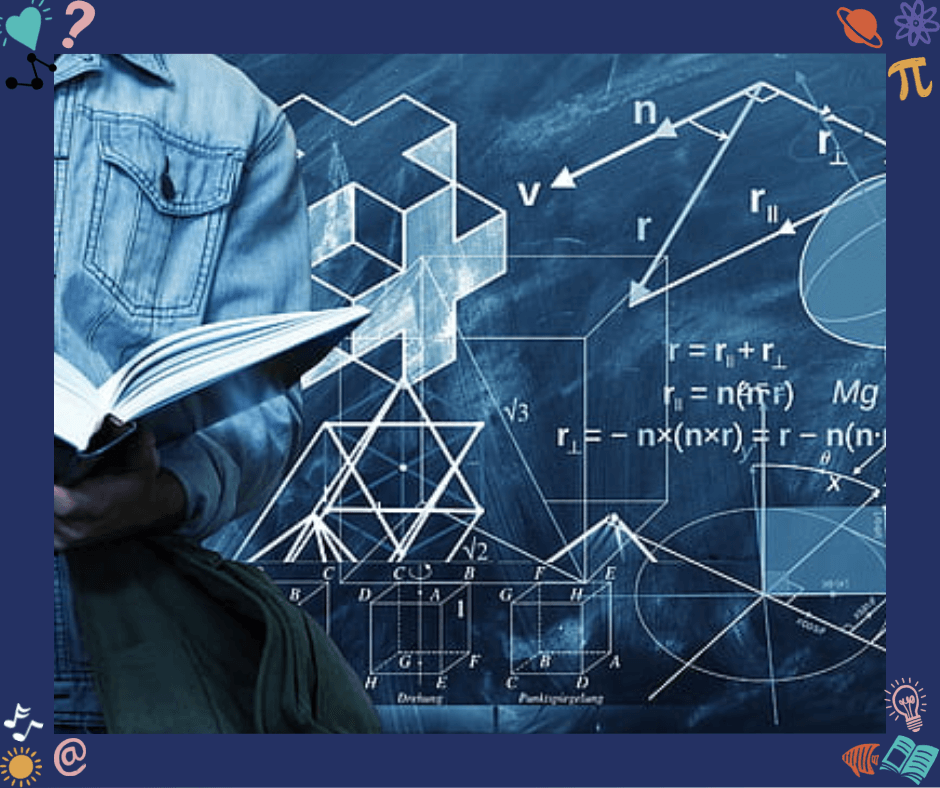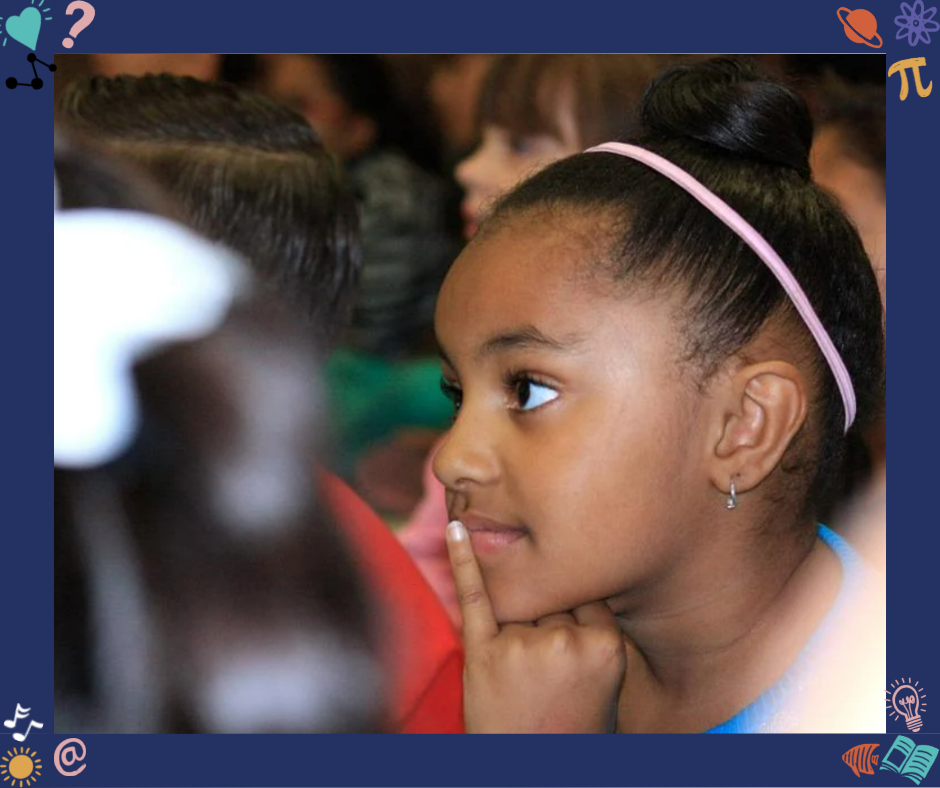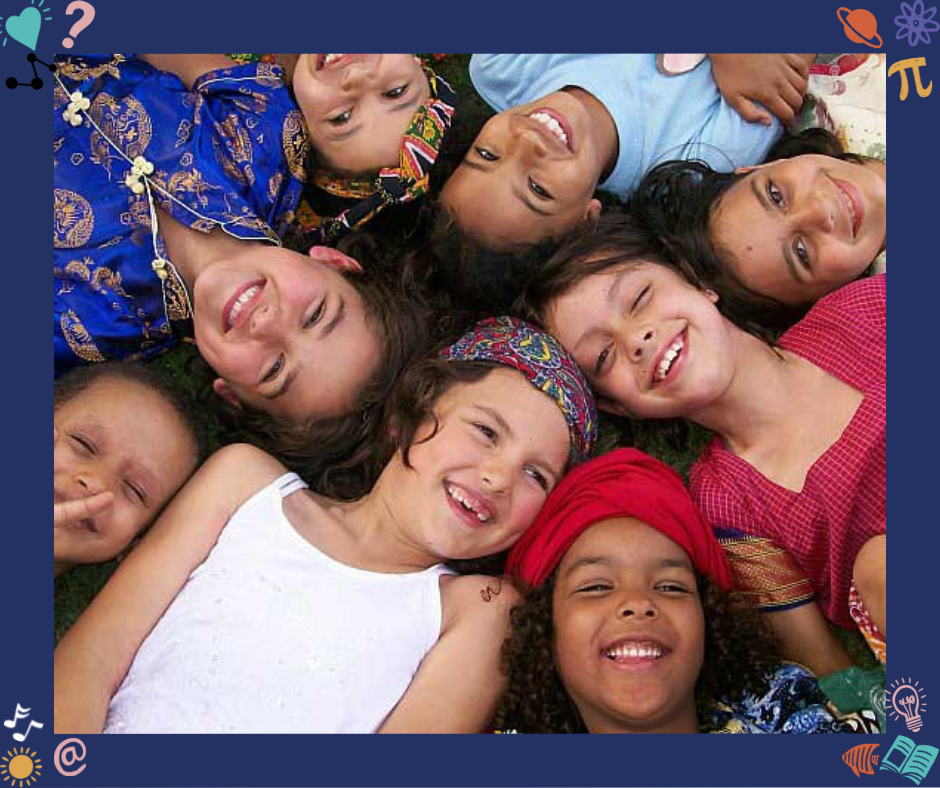0
What's on - Gifted awareness week
GAW Blog
GAW 2023 blogs

By Dr Sarah Bond
•
19 Mar, 2023
With the rise of ChatGPT and AI, these students may be at heightened risk of false or exaggerated accusations of “cheating” based on imperfect and nascent AI detection software. Parents and teachers should provide all students with a clear understanding of their state, system and school policies around ChatGPT, AI, detection software and (urgently!) the appropriate and ethical use of these tools, in context. Most of all, we must truly empower our young people to develop their own voices- as messy, creative and unique as they may be.
Blog posts from past years
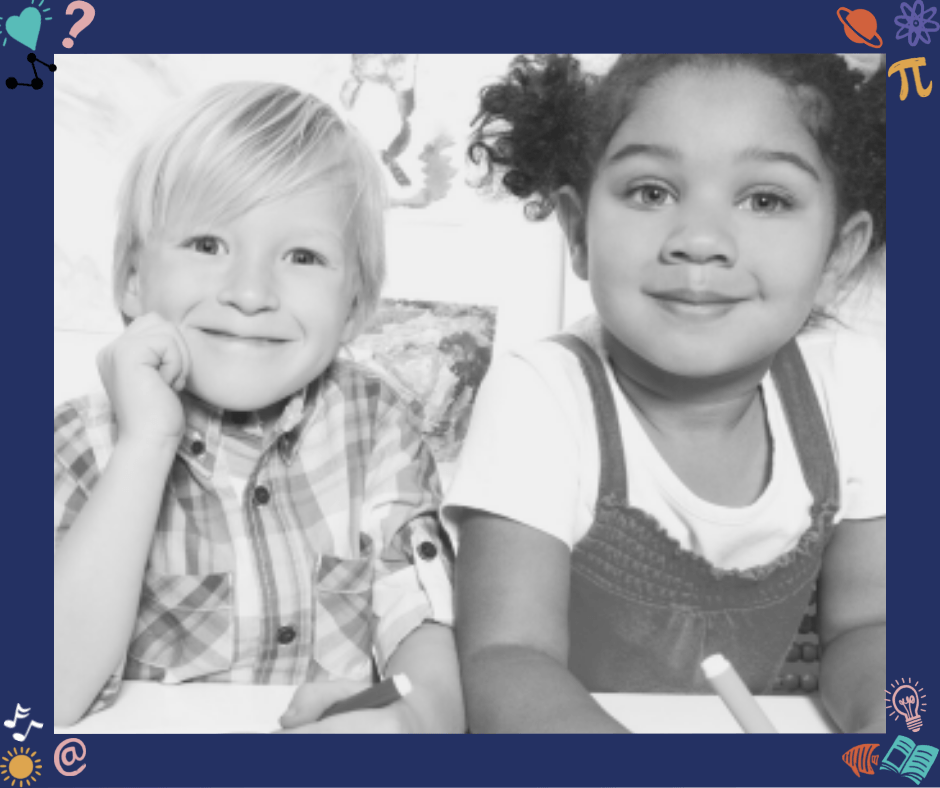
By Julia Link Roberts, EDD
•
20 May, 2022
An idea-mate is someone who shares an interest; consequently idea-mates find it easy to converse with each other. In fact, it might seem that a child isn’t very social until an idea-mate comes into the picture. Idea-mates could be age-mates, but they won’t necessarily be the same age as is often the criterion for being in a certain grade in school. I remember well going into a Super Saturdays class for fourth graders. The teacher shared that the parent told her that her daughter was very shy and likely wouldn’t say much. But that wasn’t what I saw as I observed her with another girl in the class. Both girls were interested in the topic for the class – engineering with LEGO blocks. The girls I saw were chatting with each other. They were idea-mates as they both were interested in building structures with LEGO. Often, educators separate advanced readers or top mathematics students into various classes rather than putting them together. The children would benefit from being placed in the same class. Cluster grouping children puts idea-mates together which is best for everyone. The children are happier in classes with idea-mates, and teachers can focus instruction on the cluster rather than the individual child. Don't forget that you enjoy conversations with others with whom you share interests. Remember, idea-mates are important! Julia Link Roberts, EDD Mahurin Professor of Gifted Studies Western Kentucky University NB: Please note that this article only represents the views of the author(s), and is not necessarily representative of the views of the Australian Association for the Education of the Gifted and Talented.
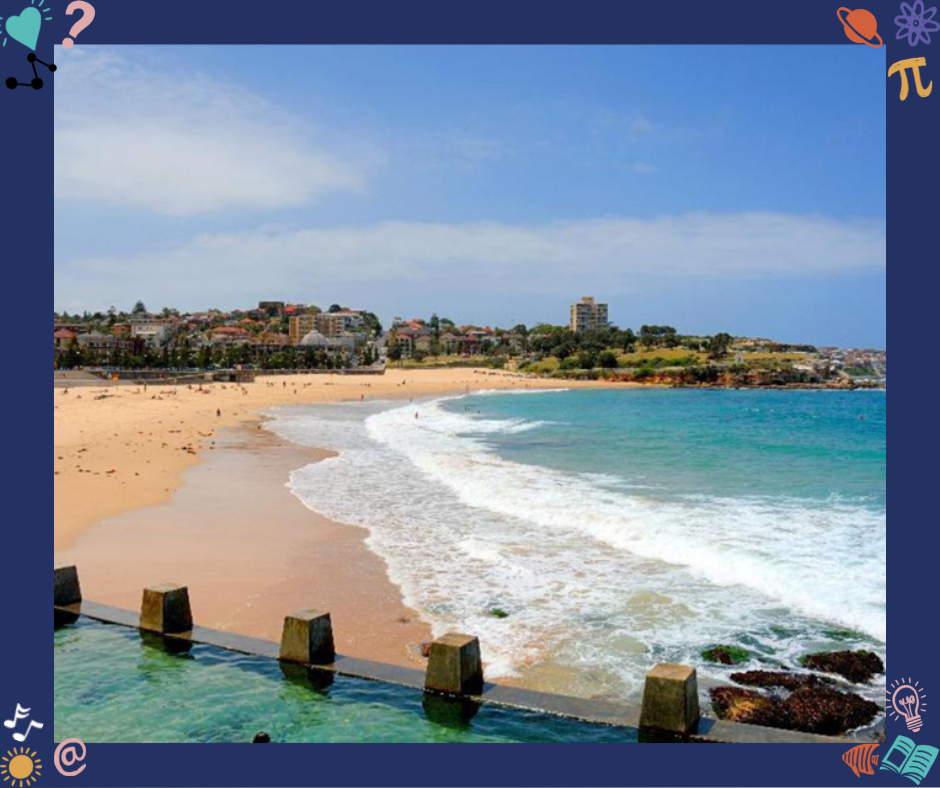
By Matthew J. Zakreski
•
04 May, 2022
From July to December 2004, I lived in Australia, specifically in the beautiful seaside town of Coogee. I lived in a house of 35 college students from all over the world. As you can probably imagine, there was a lot of wonderful chaos. Between the beach, the bars, the travel, the accents (!), the wildlife, and the general exoticness of being Down Under, there was a lot of competition for our time when it came down to choosing whether to go to class (which was, of course, what we ostensibly there to do). Now I would be lying to you if I said that I didn’t miss classes for the occasional day of surfing in Bondi or lunchtime pints of VB at the Coogee Bay Hotel. I certainly traded some evenings of study for games of footie or wandering around Circular Quay. Many of my fellow travelers and students did the same. Oddly, it was because of those similarities that I felt so disconnected from them. And my disconnectedness couldn’t be explained away by something as simple as “oh I actually came here to learn” (which, sure) or “I actually like my classes” (I really did! Especially my Stand-Up Comedy class). My disconnect grew from the fact that I wanted different things from my time in Australia, and it was hard to articulate those differences. I wanted to explore the “soul” of the city where I found myself, and I knew that I wouldn’t find it in the various bars and clubs of downtown Sydney (though Pancakes on the Rocks came close). Of course, one wants to see the major tourist attractions, and I checked off those boxes: I’ve climbed the Harbour Bridge, seen a show at the Opera House, and held a koala at the Taronga Zoo. But I wanted to get deep into the neighbourhoods, parks, museums, and institutions that revealed something more ephemeral, more authentic… more me . The best way that I can explain this phenomenon is noting that I grew up outside of New York City here in the US and spent a lot of time wandering around the Five Boroughs in my youth. When friends or family came to visit, they wanted to go into Manhattan and inevitably wanted to see the “postcard spots:” 30 Rockefeller Place, The Empire State Building, Central Park, etc. And there is tremendous value and beauty to those places! But when I truly love a place, when I want to become a citizen of its community, I want to get deeper than going to Bubba Gump Shrimp in Times Square. I want to know the best Korean sandwiches in the Bronx; I want to find a hole-in-the-wall pub with original signage in Bed-Stuy; I want to tour an obscure museum that’s only open on Tuesdays in Queens. I wanted that experience in Sydney, so I set off to find it. I wandered around the Western suburbs with a transit map and a bottled water. I got horrifically lost in Parramatta. I went to the Sydney Observatory, Victoria Barracks, and the Powerhouse Museum. I got stung by a jellyfish at Manly Beach. I tried to list all the things named after Lachlan Macquarie. I did most of these things alone, not because I wanted to be (mostly), but because I was sure that no one would understand what I was trying to do. How do you articulate that you’re seeking the soul of a place without sounding super strange? How do you know who would listen… and get it? I think that this is why being gifted can be so lonely without a community. These questions are strange and abstract, but still powerfully meaningful to the right person. And just because I was seeking these experiences doesn’t make me better or worse than anyone else; just as I wanted to see the ANZAC memorial, some people wanted to find all the best shopping in Sydney. To each their own. It’s just that some activities are much easier to bring company to and be accessible. You’re much more likely to find someone who wants to listen to Garth Brooks than your favourite indy K-Pop piano-cello duo. But that example leads me to my point: You can still enjoy what you love while seeking that community. There is no reason to wait to be happy. Our brains often default to a space of “I’ll do X once I have accomplished Y.” Sometimes that helps us (one should learn to drive a car because deciding to road trip to Spring Break), but sometimes it unnecessarily holds us back. If I had waited to find my people to go visit my obscure museums and parks, I might not have ever seen them. If doing something that you want to do would be 100% perfect if you did it with friends, but only 84% as good if you did it alone, then your brain might tell you to wait until things are perfect to try something new. Good can certainly be the enemy of great, but great can also be the enemy of done. Last time I checked, 84% good is still a lot more than 0% good, which is what you’d get if you never tried. I don’t regret my solo touring of greater Sydney. I wish that I had been more confident in who I was, and thus more willing to be open about my neurodivergent interests, but I cannot change the past. Instead, I can blog about it so you can hopefully learn from my experiences. Do what makes you happy, regardless of whether people are coming along for the ride. Keep your eyes open for when you reach your various destinations, because your spiritual travellers may be there as well: looking, listening, whispering fun facts about the venue to themselves. Those are your people, and I guarantee that they’ll be as excited to meet you as you are to meet them. We are not meant to travel this world alone, but when your people are harder to find, we must practice two vital skills: patience and self-confidence. We must be patient and knock on many doors to find our people. That might be difficult, and you’re basically guaranteed to have some rough and lonely days, but the wait is totally worth it. The key here is to set your expectations using the concept I mentioned above. Things might be better with company, especially if it is meaningful company, but that doesn’t mean that following your passions alone as no value at all. In fact, the process of doing things solo may increase your engagement because you learn to rely on yourself. Plus it gives you something to do while you’re waiting! To survive that process, you need to turn up the volume on your own self-confidence. That’s a truly proposition, of course, because how do you get self-confidence if you don’t have any self-confidence? (I often say it’s like needing your glasses to find your glasses). Self-confidence comes from two plans: values and identity. If your values are to make the world a better place, then you’ve already got the emotional infrastructure to engage authentically in the world around you. Your values can direct you to find jobs, take classes, volunteer, make friends, or take up self-improvement. My values are travel, self-exploration, and challenging myself; all three are readily apparent in my Australia adventures. Identity is knowing who you are. It is related to values but moves into more autobiographical territory. If you’re a neurodivergent person, then own it. If you’re a member of the LGBTQ+ community, then integrate that into your identity. Knowing who you are allows you to have more self-confidence, because it taps into the most authentic version of you. And if people don’t get it? Then they’re not your people. They’re out there; keep looking. The energy you spend on masking yourself is not energy you get back. The way to take the lessons of this blog post (other than to move to Coogee if you haven’t lived in Australia) is to be brave and authentic in seeking the things, places, and activities that bring you joy. They may not be for everyone, but that’s OK because you’re not everyone. Your people are out there and they’re certainly looking to connect. As a coda to my story of independent travel, I ended up meeting some wonderful other study abroad folks who were studying at the University of Wollongong. After a night out in Sydney, I took the train back to their Uni with them so I could explore “the Gong” properly. After a late breakfast, my new friends looked to me and asked what I wanted to do that day. I hesitated, because I wanted to go see the famous Old Wollongong Lighthouse (I’m from the Jersey Shore; I love lighthouses. Yes, I’m weird.) but I didn’t think that they would understand. With some prompting, they dragged it out of me. There was a moment of silence where I doubted revealing my true nerdiness so early. Then something amazing happened; they all laughed and said that they had all been meaning to go see it but were waiting for the right opportunity to bring it up. My being there give us all the opportunity to do something that we all wanted. My friends not only lifted me up, but I ended up lifting them as well. And that’s how it feels when you find your people. Matthew J. Zakreski, PsyD NB: Please note that this article only represents the views of the author(s), and is not necessarily representative of the views of the Australian Association for the Education of the Gifted and Talented.
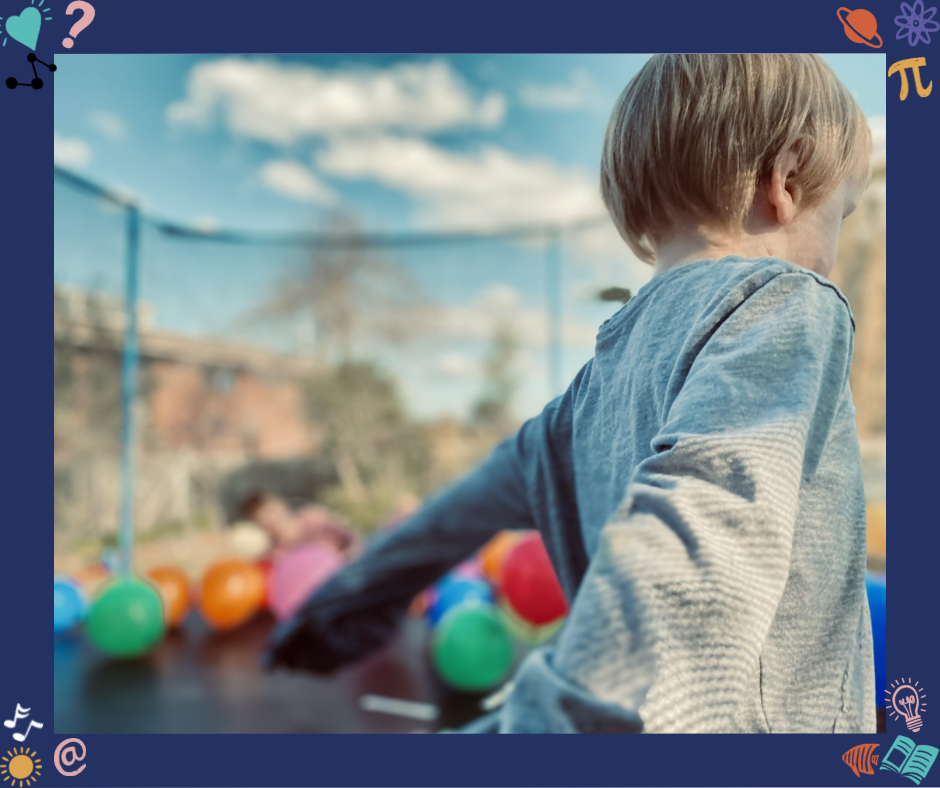
30 Apr, 2022
Giftedness is not what I thought it was. I want to preface this by saying that I know parenting is hard for all of us. And I know there are many big problems in the world today. But I think there are some unique challenges and joys of being gifted that might not be widely known. Why do I think this? Because there was a time when I didn't know gifted so well. A time when I didn't have three gifted kids in my life. There was a time when I'd only vaguely heard of Mensa. A time when gifted children to me were quiet and studious. They had perfect behaviour at school and got straight As. Life was probably super easy for them. They invented things and read big books and spoke well, and probably grew into scientists. But now that I live gifted, I know the truth. I imagine most families with young kids can relate to many parts of life with my lot. Our life is messy and crazy, and loud. It's kids running around the lounge room and jumping on the couch. It's giggles and laughter and constant talking and not listening to mum and dad. It's stubbornness and cheekiness and arguing and never-ending questions. It is siblings who play for hours in amazing worlds that exist only in their imaginations. It's three kids running around the museum with the same enthusiasm as a theme park. It's the fascination with a ladybug on a leaf. It's a great sense of humour, and it's so much clowning around. But gifted is also a house full of big emotions. It is needing fairness and justice like it's oxygen. It's 5-year-olds sobbing about climate change. Because they understand everything they see and hear about it at the level of a much older person, but they only have the emotional skills of a 5-year-old to deal with this. It's 6-year-olds stressing in silence for weeks that overfishing and warming seas mean their grandchildren won't get to see fish in the ocean. It's pre-schoolers having nightmares about being sucked into black holes or an extinction-level asteroid hitting the earth. Pre-schoolers who are genuinely terrified of these things because they can't fathom the unlikeliness of that ever happening to them. As a psychologist once explained, gifted is a 6-year-old wondering whether death is permanent, while everyone else is wondering what's in their lunchbox that day. And just because parenting these little people is not stressful enough, research shows that if the needs of gifted children are not met, they're more likely to experience anxiety, social problems, and depression (National Association for Gifted and Talented (NAGC)). Gifted is also not really being understood a lot of the time. Core to the definition of the word gifted is 'asynchrony'. This is where some of your skills are advanced while some are lagging. So you might be able to think up amazing stories in your mind but be completely unable to write them down. You might be 3 years ahead in maths but 1 year behind in English. You might be a young child who can do algebra but not tie your shoelaces. Sometimes gifted means not caring one scrap about what you're learning in school. Sometimes it's the stress of knowing you're smart but getting poor grades. Gifted is being made to learn things in your first year of school that you knew when you were two – and being totally confused and frustrated about why. Often it's a seemingly endless repetition of work you already know, that as one of my kids at seven put it, 'makes me want to shut my ears and scream'. Research shows gifted learners not only learn faster but are more likely to unlearn maths, science and foreign languages when made to revise the content more than 2-3 times after mastery (as is done in a normal classroom) (NAGC). All of these things can lead to disengagement from school and kids losing their love of learning. Research also shows that between 18% and 25% of gifted students drop out of school early (NAGC). And when parents go to teachers for help, often the understanding is just not there. As a parent, gifted is not wanting to utter the 'G' word for fear of what people will think. It's fear that teachers think we're 'those' pushy parents who have had the flashcards on rotation since our kids were babies. It's fear of not saying too much about our kids in front of other parents because they might think we're boasting. And when someone notices your baby knows all their colours, it's avoiding the questions about how you got them to do that because you yourself have literally no idea. It's constant wondering whether our kids are getting enough mental stimulation versus enough time to just be kids. It's wondering which of the kids have a second exceptionality, which often goes hand-in-hand with high IQs. This means being gifted plus having another diagnosis that affects learning, such as ADHD, ASD, anxiety, dyslexia, dyspraxia, dysgraphia… the list of terms I had literally not heard of until recently, goes on. It's wondering which of your kids needs a psychologist right now, or an OT, and knowing it'll be at least a 6 month wait to see anyone anyway. Gifted is constant worrying and wondering with limited support. But gifted is also pride. It's being amazed by your own kids on a constant basis. Saying to your partner… ummm I'm pretty sure talking at 8 months isn't normal!? Should she be able to do her older brother's homework while she's still in Kindy? It's your 2-year-old making words with one of the 5 billion alphabet sets you've had to buy from Kmart because it's one of the only things that will keep them occupied right now. It's not knowing enough about the space-time continuum when Santa discussions come up… And, well, not knowing enough about anything really. It's saying 'Hey Siri'. A lot. And then asking weird questions like, 'if there was no air resistance, would raindrops kill us?'. It's your kids having cool favourite animals like tardigrades, and it's learning what tardigrades even are (they can survive in SPACE mummy!). It's knowing way more than you ever thought you would know about the Oort cloud or Rube Goldberg machines or the physics of how geckos climb walls. Having gifted kids teaches you to see the world in new and amazing ways. It allows you to see the beauty and excitement in even the smallest of things. And it is so much joy. I guess what I want to say here is that being gifted isn't a free ticket to an easy life. Gifted people aren't made by flashcards, or Mozart or second languages or any other kind of early education. These people are found across all races, cultures, and socioeconomic groups, globally. Essentially, giftedness is a neurodiversity with a social-emotional and learning difference. It is highly genetic, meaning that while early experiences are influential, gifted people are essentially just born the way they are. They didn't ask to be born this way. And they aren't always the stereotypes that many believe. Gifted. It seems to me this word has different meanings for different people. I feel so lucky to be sharing life with these amazing little people. To me, gifted means excitement about the world, deep thinking, worry, love and endless laughter. Though sometimes, gifted can just be really hard. Author name removed at author's request NB: Please note that this article only represents the views of the author(s), and is not necessarily representative of the views of the Australian Association for the Education of the Gifted and Talented.
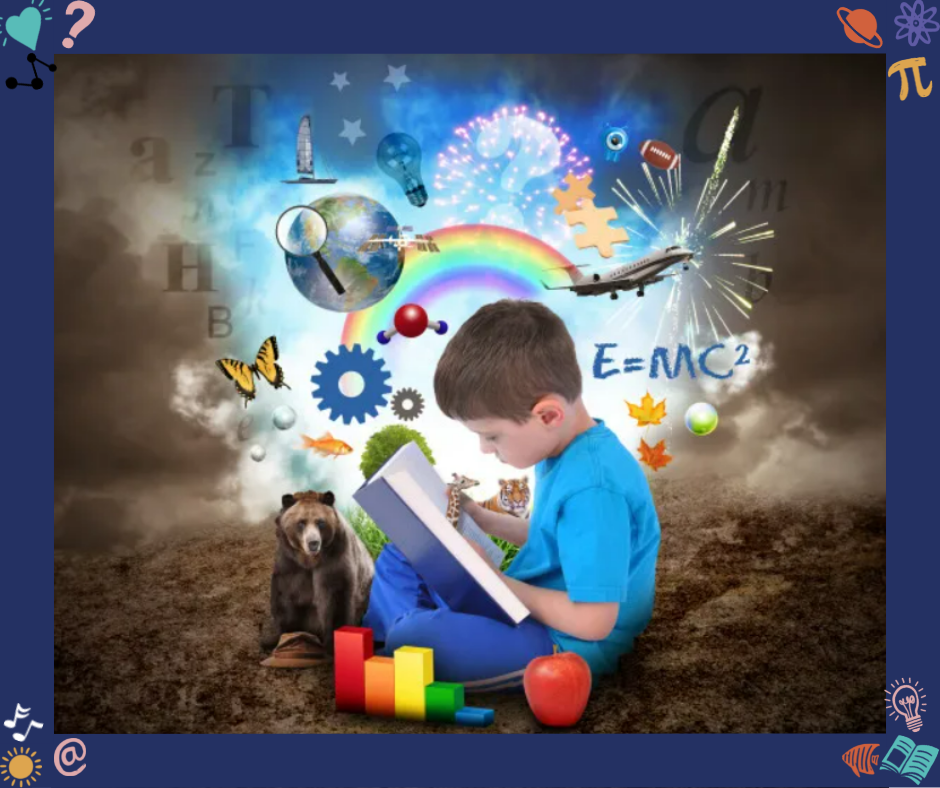
By Laura Motherway
•
30 Apr, 2022
We are all familiar with this concept that dates back to biblical times and has more recently been immortalised in Spiderman comics and films. This is the exact thought that crashed into my heart when my children were first identified as gifted, and I must admit, it sent me into a bit of a panic. Being the parent of gifted children brings with it great (self-appointed) responsibility. The responsibility to advocate for them every step of the way, in an education system that is already stretched to the limit trying to accommodate the needs of the vast spectrum of children in its classrooms. The responsibility to fill their hours with extracurricular activities that support their growth and development. The responsibility to teach them to appropriately manage those big uncomfortable feelings springing from perfectionism and self-criticism. The responsibility to ensure leisure time is filled with literature and digital programming that promotes critical thinking and mental stimulation. The responsibility to ensure their beautiful brains are nurtured and provided with opportunities to grow and reach their full potential… the list goes on. It was overwhelming. With this newly appointed responsibility, it was easy to lose track of one simple fact; my children are so much more than their brains. They are funny and caring and frustrating and noisy and cheeky, interesting, vulnerable, and brave. They are inquisitive and affectionate and silly and heart-warming and so many wonderful things. But most of all they are children, who deserve a childhood. Gifted children continually amaze the adults in their lives with their ability to grasp concepts, ask unimaginable questions, and communicate like fully grown adults, so it can be easy to forget they are children and have child needs, desires, and insecurities. It can also be frustrating for parents and caregivers to watch their child who can build a Lego structure while simultaneously making a toasted cheese sandwich, being thrust into a meltdown when asked to pick up a toy or brush their teeth. Over time I have come to understand the only way to navigate this roller coaster ride of gifted children is through balance. For every hour spent researching military history, there must be just as many mud-pie battles in the backyard. For all the stars and planets gazed at and pondered, make sure there are twice as many tickles, ice cream cones and fart jokes. Our children look to us to see how to navigate this life. We need to give ourselves permission to take our foot off the accelerator and just plod along sometimes. Surely, we can substitute the occasional piano lesson for a pizza night, or let our kids spend a Saturday morning rolled in a blanket on the floor watching cartoons… the museum will still be there next weekend. It is true that with parenting gifted children comes great responsibility; the responsibility to make sure they know they are loved for who they are and not how fast they can solve a puzzle. The responsibility to ensure they have a fun-filled childhood and the opportunity to be messy, imperfect, spontaneous and silly. And to encourage them to use their superpower Spidey-senses for good…and fun. Laura Motherway NB: Please note that this article only represents the views of the author(s), and is not necessarily representative of the views of the Australian Association for the Education of the Gifted and Talented.
Want to know more about GAW or have a question?
We would love to hear from you!
Thank you for contacting us.
We will get back to you as soon as possible
We will get back to you as soon as possible
Oops, there was an error sending your message.
Please try again later
Please try again later

New Paragraph
Striving to improve outcomes for gifted learners
Copyright 2021 AAEGT - Privacy Policy

